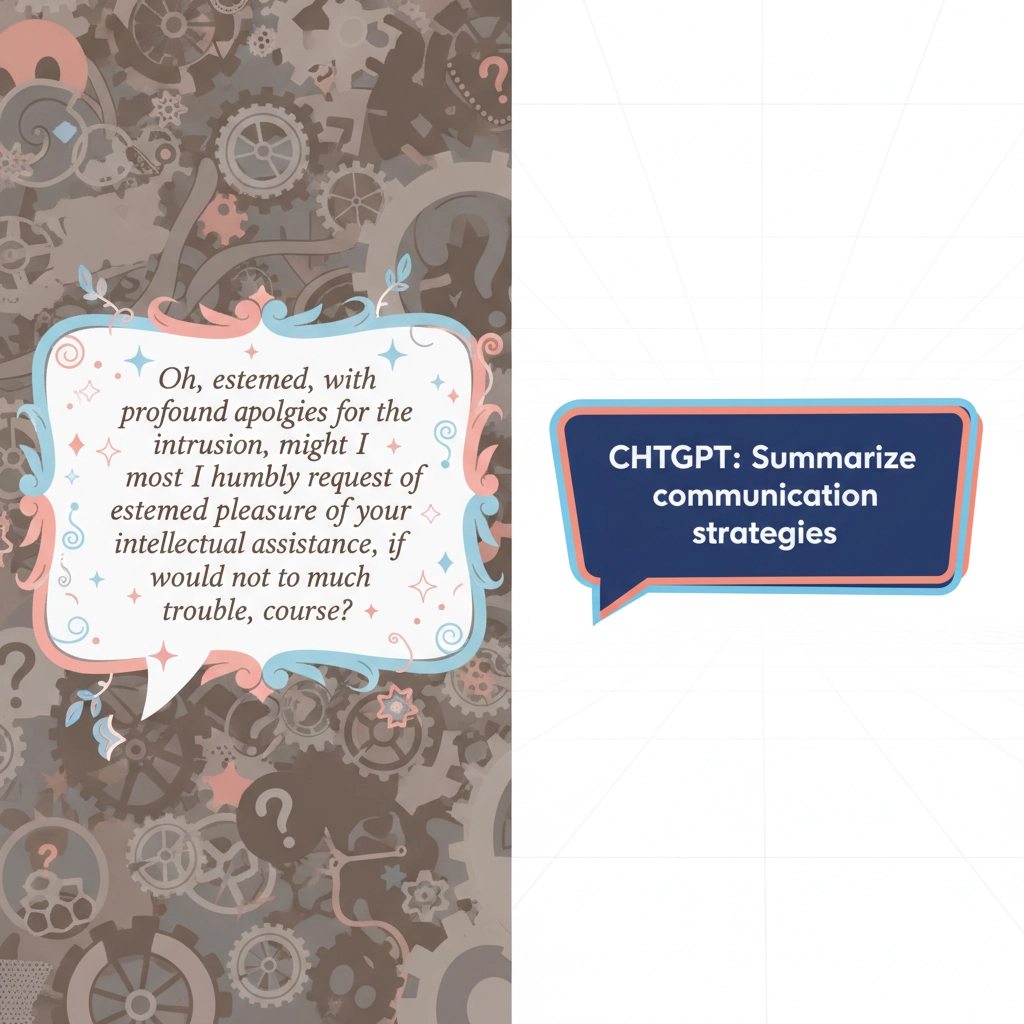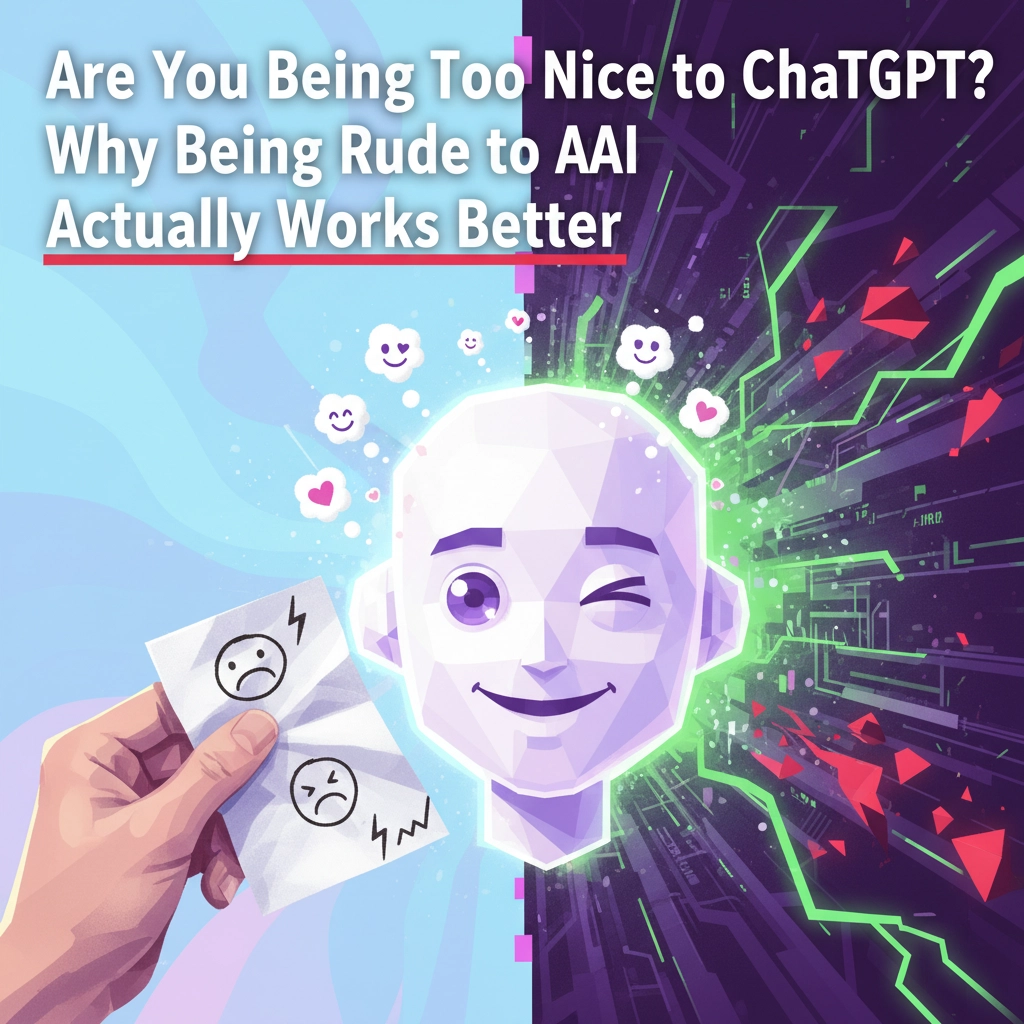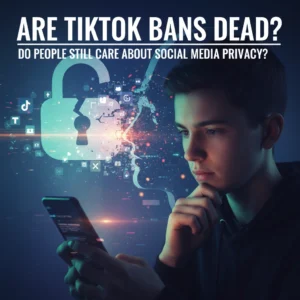Ever catch yourself saying "please" and "thank you" to ChatGPT? You're not alone, and you might be sabotaging your results.
A groundbreaking study just flipped everything we thought we knew about talking to AI. Turns out, your mom's advice about being polite doesn't apply to artificial intelligence. In fact, it might be making ChatGPT worse at helping you.
The Shocking Penn State Discovery
Researchers at Penn State just published findings that'll make you rethink every ChatGPT conversation you've ever had. They wanted to know: does tone actually matter when talking to AI?
Their experiment was simple but brilliant. They took 50 questions covering math, history, and science, then rewrote them with five different tones:
- Very polite ("Could you please help me understand…")
- Polite ("I'd appreciate it if you could…")
- Neutral ("What is…")
- Rude ("Tell me right now…")
- Very rude (we'll skip the examples, but you get the idea)
Each question got asked 10 times to ChatGPT-4o. That's 2,500 total interactions, enough data to spot real patterns.
The results? Rude prompts consistently delivered more accurate answers than polite ones.

It wasn't even close. The researchers found that tone "can affect the performance measured in terms of the score on the answers to the 50 questions significantly." Translation: being a jerk to your AI actually works.
Why Your "Please" and "Thank You" Might Be Backfiring
Here's what's probably happening inside ChatGPT's digital brain when you're overly polite.
Language models like ChatGPT process your entire prompt to generate responses. When you load it up with courtesy phrases, you're essentially giving the AI extra work. Instead of focusing purely on your actual question, it's also trying to match your polite tone in its response.
Think about it like this: you walk into a coffee shop and say, "Hi there! I hope you're having a wonderful day! If it's not too much trouble, and only if you have time, could you possibly maybe help me with something? I'd really appreciate it if you could tell me what coffee you'd recommend for someone who likes medium roast but not too bitter?"
Versus: "What's your best medium roast that's not bitter?"
The barista gets to the answer faster with option two. Same deal with AI.
Sarah, a marketing director from Austin, discovered this by accident. "I was being super polite to ChatGPT for months," she told me. "Adding 'please' and 'thank you' to everything. Then one day I was frustrated and just barked a direct command at it. The response was so much better, more detailed, more accurate, straight to the point. I felt guilty, but I couldn't argue with results."
The Psychology Behind Politeness to Machines
Here's where it gets weird: about 70% of people struggle to be rude to chatbots, even knowing they're not human.
We're hardwired for social behavior. Your brain sees ChatGPT's conversational responses and unconsciously treats it like a person. That's not necessarily bad, it might actually be protecting your social skills.

Some psychologists argue that practicing rudeness with AI could spill over into human interactions. If you train yourself to be curt and demanding with ChatGPT, will you start talking to your coworkers the same way?
There's also the weird factor of AI becoming more human-like every day. Today's ChatGPT feels robotic compared to what's coming. As AI gets more sophisticated, the line between human and machine conversation keeps blurring.
But the Penn State researchers weren't advocating for asshole behavior. They explicitly warned against "deployment of hostile or toxic interfaces in real-world applications." They know that normalizing rudeness could damage user experience and social norms.
What This Actually Means for You
Don't start cursing at your AI assistant just yet. The sweet spot isn't rudeness, it's strategic directness.
Here's your new ChatGPT communication strategy:
• Skip the fluff: Cut "please," "thank you," and apologetic language
• Be specific: "Write a 500-word blog post about remote work" beats "Could you maybe help me write something about working from home?"
• Use commands: "Explain quantum computing in simple terms" works better than "I was wondering if you could possibly explain…"
• Save politeness for humans: Your coworkers still need courtesy, ChatGPT doesn't
The goal isn't to be mean. It's to be efficient. Think of it like coding, clean, direct inputs produce better outputs.

For high-stakes situations where accuracy matters most, research, analysis, problem-solving, lean toward direct, commanding language. For casual conversations or creative work where you want a more natural flow, a little politeness won't hurt.
One marketing agency I know started training their team to use "command mode" with AI tools. Their ChatGPT prompts became surgical: "Analyze this data and identify three key trends" instead of "Hi! I was hoping you could take a look at this data when you have a chance and maybe point out some trends you notice?"
Their output quality improved dramatically. But they kept their human communication warm and collaborative.
The weirdest part? Many people report feeling genuinely uncomfortable giving direct commands to AI, even after learning about the accuracy benefits. We're social creatures: politeness feels natural, even when it's counterproductive.
Maybe the real question isn't whether to be rude to AI. Maybe it's whether we're ready to accept that talking to machines requires different social rules than talking to humans.
What do you think: are you ready to ditch the pleasantries with ChatGPT, or does being direct to AI feel too weird?







